What is Lucette?
How does it work?
The contraceptive pill disrupts the ovulation process by changing the balance of hormones, due to the increased presence of these synthetic versions of estrogen and progesterone. This disrupts the body’s fertility cycle, and subsequently, an egg is not released.
The mucous membrane of the cervix is also thickened by these hormones, making it difficult for sperm cells to move through the cervix.
In the event that an egg is released, and the sperm manages to reach the egg, resulting in fertilization, the contraceptive pill offers a final barrier against pregnancy. The lining of the uterus is altered to become extremely thin, making the implantation process difficult (when the egg implants in the uterus).
What are the benefits of taking it?
How do I use it and its dosage?
These contraceptive tablets are more than 99% effective when used correctly. No single contraceptive method can fully protect against pregnancy, but the combined contraceptive pill is one of the most reliable methods.
Take a single pill once a day for 21 consecutive days. After this, stop taking Lucette for the next seven days. After a week of not taking Lucette, the 21-day cycle repeats. The pill must be taken at the same time every day. Each pill has a marker indicating the day of the week it should be taken. Take the pill with water. You don’t have to take it with food. If you forget to take the pill and it takes less than 12 hours to do so, you are still protected. If you are more than 12 hours late, protection may be reduced and the risk increases according to the larger number of doses you miss.
Side effects & precautions
Like all medicines, this emergency contraceptive can cause side effects, although not everybody gets them. If you experience any side effects, especially if they are severe and persistent, or if you have any health change that you think may be due to Ethinyl estradiol/drospirenone, consult your doctor.
All women taking combined hormonal contraceptives are at increased risk of developing blood clots in the veins (venous thromboembolism (VTE)) or blood clots in the arteries (arterial thromboembolism (ASD)). For more detailed information on the different risks of taking combined hormonal contraceptives.
The following is a list of side effects related to the daily use of Lucette. Common side effects (may affect up to 1 in 10 people):
- changes in mood
- headache
- abdominal pain (stomach pain)
- acne
- breast pain, enlarged breasts, breast tension, painful or irregular periods
- weight
Uncommon side effects (may affect up to 1 in 100 people):
- Candida (vaginal infection)
- cold sores (herpes simplex)
- allergic reactions
- increased appetite
- depression, nervousness, sleep disorders
- pins and needles, vertigo
- vision problems
- irregular or unusually fast heart rate
- increased blood pressure, decreased blood pressure, migraine, varicose veins
- sore throat
- nausea, vomiting, inflammation of the stomach and/or intestine, diarrhea, constipation
- sudden swelling of the skin and/or mucous membranes (for example tongue or throat), and/or difficulty swallowing or hives along with difficulty breathing (angioedema), hair loss (alopecia), eczema, itching, rash cutaneous, dry skin, oily skin disorders (seborrheic dermatitis)
- neck pain, limb pain, muscle cramps
- bladder infection
- lumps in the breasts (benign and cancerous), milk production without being pregnant (galactorrhea), cysts on the ovaries, flushing, absence of menstruation, heavy menstruation, vaginal discharge, vaginal dryness, lower abdominal pain (pelvic), abnormal cervical smears (Pap smear or Pap smear), decreased libido
- fluid retention, lack of energy, feeling of excessive thirst, increased sweating
- weightloss.
Rare side effects (may affect up to 1 in 1,000 people):
- asthma
- Hearing problems
- blockage of a blood vessel by a clot formed anywhere in the
- erythema nodosum (characterized by painful reddish skin nodules)
- erythema multiforme (skin rash with target-shaped redness or ulcers).
- Harmful blood clots in a vein or artery, for example: On one leg or foot (i.e. DVT) In a lung (i.e., EP). Heart attack. Ictus. Mild stroke or temporary symptoms are similar to those of a stroke, which is called a transient ischemic accident (TIA). Blood clots in the liver, stomach/intestine, kidneys, or eye.
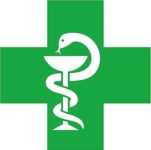
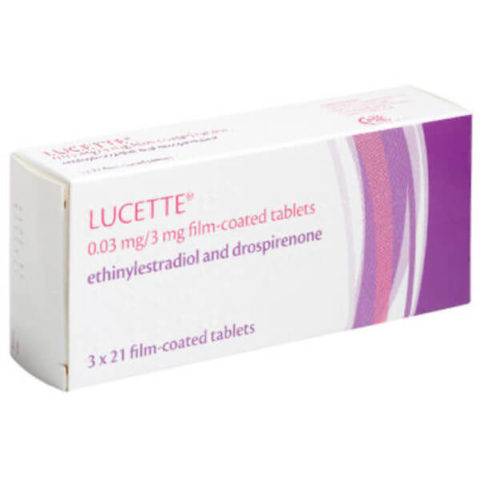
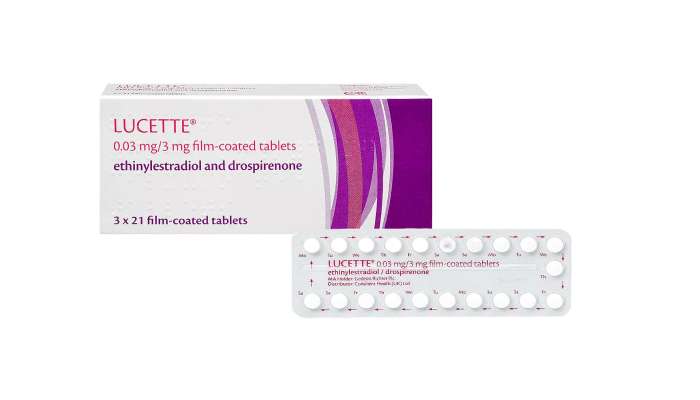
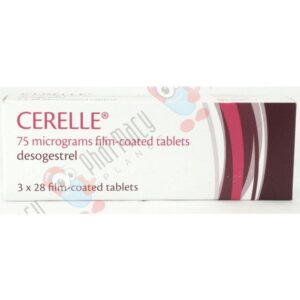
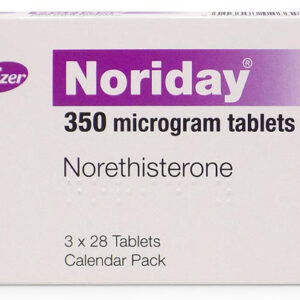
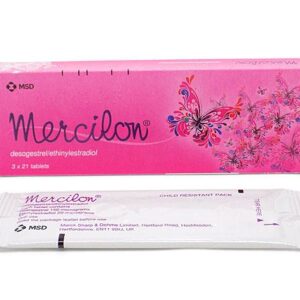
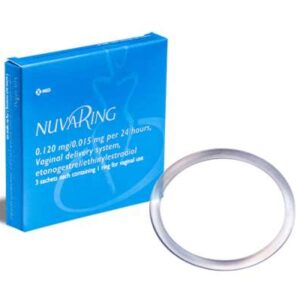
Reviews
There are no reviews yet.